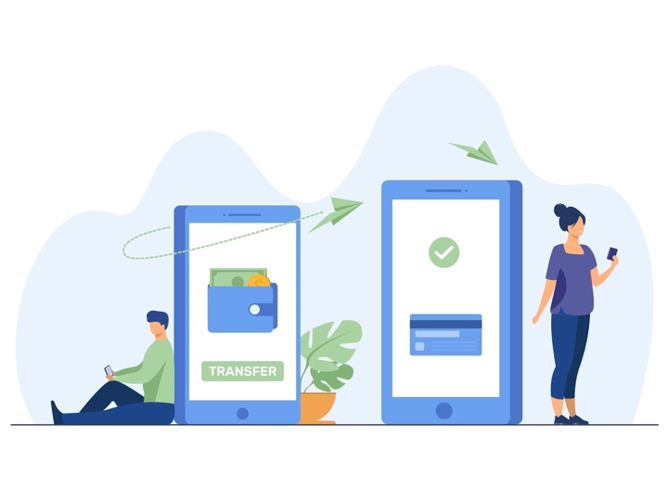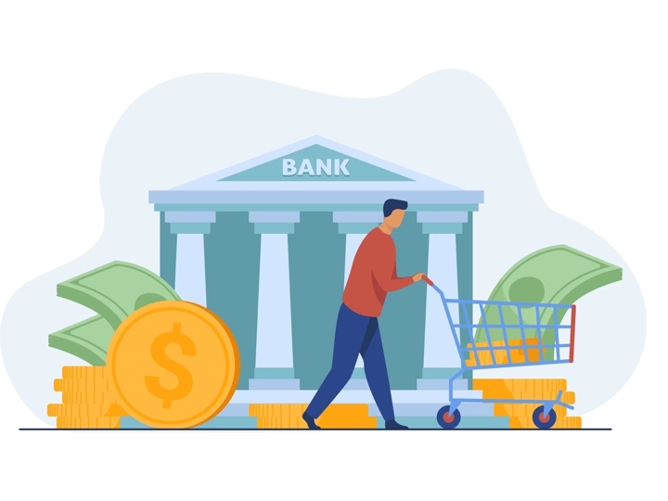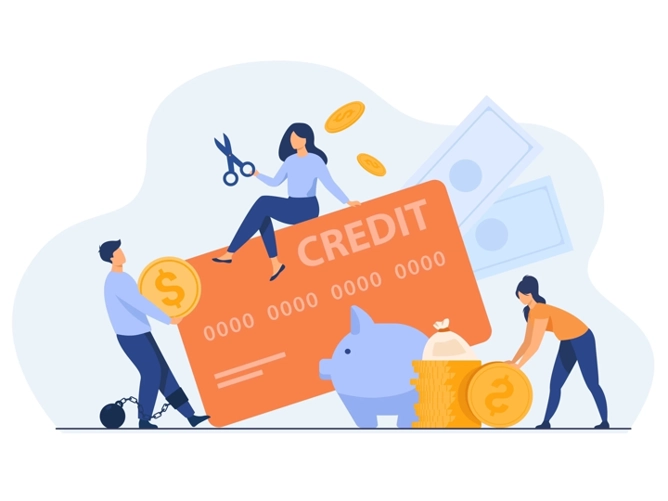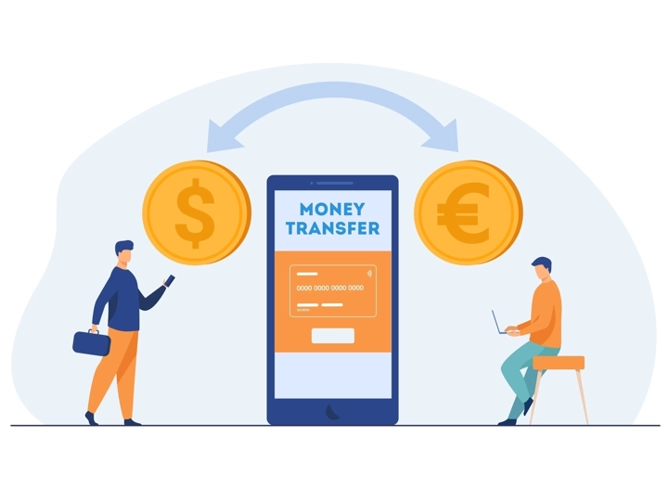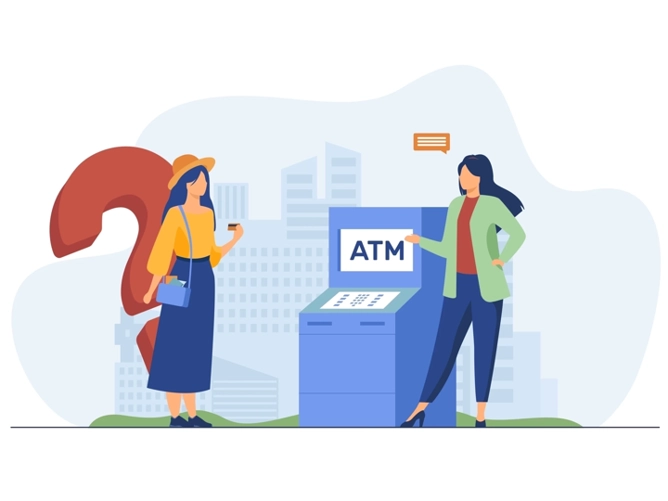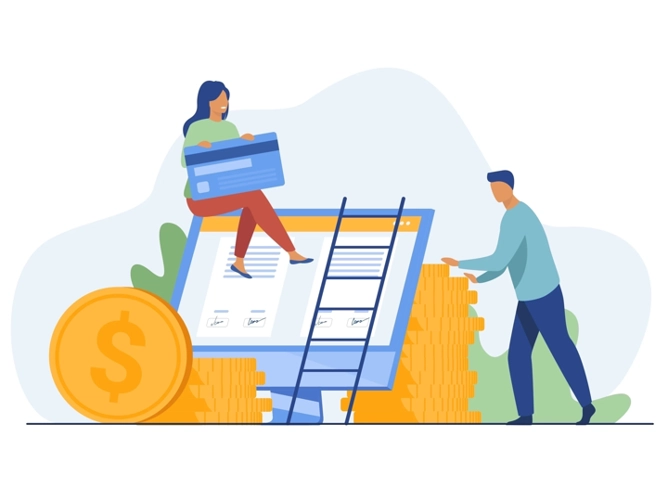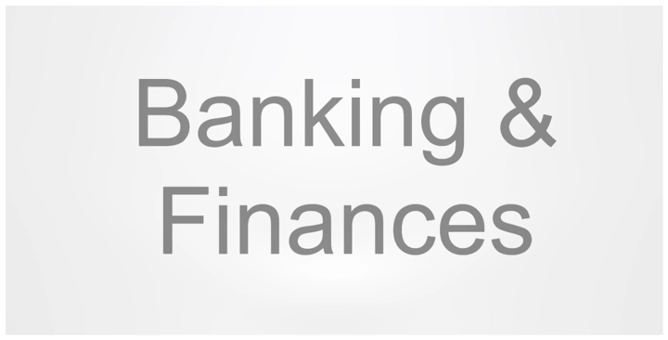
Banking and Finances for Expats in Germany
Banking and Finances for Expats in Germany
The Ultimate Guide to Banking and Finances in Germany for Expats and Foreigners
Introduction
Have you ever stood in a German bank, lost in translation, clutching a stack of documents, and wondering if you’ll ever open your first account? If so, you’re not alone. For many expats and internationals, Germany’s robust yet complex banking system is both a reassurance and a hurdle. My own first trip to a local Sparkasse ended with a polite but firm “Nein” because I lacked a Meldebescheinigung (registration certificate)—a classic expat moment.
Think you need perfect German or a local friend to navigate banking in Germany? Think again. At liveingermany.de, we’ve guided thousands of expats through every step of the financial maze—whether you’re here for studies, work, or adventure. This pillar article is your comprehensive, up-to-date guide to banking and finances in Germany, packed with practical tips, expert insights, and links to the best resources and products for expats.
We’ve built this guide on real experience, authoritative research, and a deep understanding of the challenges expats face. Let’s demystify German banking together!
Expat Challenges and Context
Moving to Germany is exciting, but the practicalities can be overwhelming—especially when it comes to finances. Opening a bank account is often the first major bureaucratic step, required for everything from renting a flat to getting paid. Yet, the process is littered with unfamiliar terms (Girokonto, SCHUFA, SEPA), paperwork, and cultural quirks.
Take Maria, an engineer from Brazil, who arrived in Berlin ready to start her new job. She quickly discovered that most landlords wouldn’t even consider her application without a German bank account and a SCHUFA credit report. Navigating these requirements—while juggling language barriers and unfamiliar banking practices—left her feeling anxious and isolated.
This experience is common: According to official expat resources, nearly 60% of newcomers cite banking and bureaucracy as their top stressors in Germany (Expatica). But with the right guidance, you can avoid costly mistakes and set yourself up for financial success.
The German Banking System: Types, Services, and What Expats Need to Know
Types of Banks in Germany
Germany’s banking landscape is diverse and modern, offering options for every expat need:
- Traditional Banks: Major institutions like Deutsche Bank, Commerzbank, and Sparkasse offer in-person services, extensive branch networks, and a wide range of products. These are ideal if you prefer face-to-face interactions or need comprehensive financial advice (Holafly).
- Online/Digital Banks: Fintech disruptors like N26 and Bunq provide fully digital banking, English-language apps, and fast account opening—often without a minimum deposit or in-person visit. Perfect for tech-savvy expats and frequent travelers (Expatica).
- International Banks: If your home bank has branches in Germany (e.g., HSBC, Santander), you may be able to open an account before you arrive or transfer your relationship easily.
Key Banking Services
German banks offer a comprehensive suite of services, including:
- Current Accounts (Girokonto): The backbone of everyday banking—used for salary, bills, and purchases. Many banks offer special accounts for students or young professionals.
- Savings & Investment Accounts: From simple savings to stocks, ETFs, and pension plans. Investment options are increasingly accessible online.
- Loans and Overdrafts: For everything from cars to renovations. Note: eligibility often hinges on your SCHUFA score and residency status.
- Mortgages: Available to expats with stable income and long-term residence.
- Insurance Products: Including home, liability, and health insurance.
- Digital/Mobile Banking: Most banks offer robust apps and online portals.
- Business Banking: Tailored accounts for freelancers, startups, and SMEs.
- Expat-Specific Services: English-speaking support, international transfers, and easy account opening for newcomers.
Opening a Bank Account: Step-by-Step
- Choose Your Bank: Consider fees, branch locations, digital features, and language support.
- Gather Documents:
- Valid passport or EU ID
- Proof of German address (Meldebescheinigung)
- Proof of immigration status (visa/residence permit)
- Employment or student status (sometimes required)
- Initial deposit (varies by bank)
- Apply Online or In Person: Online banks (e.g., N26, Bunq) allow digital onboarding, while traditional banks may require a branch visit.
- Verification: Online banks often use video identification; traditional banks may require notarized documents.
- Receive Your Cards and Details: Once approved, you’ll get your debit card (EC-Karte) and online banking info.
Tip: Some banks offer “blocked accounts” (Sperrkonto) for students and job seekers needing a visa. Providers like Fintiba and Expatrio specialize in this service.
Understanding the SCHUFA Score
Your SCHUFA score is Germany’s national credit rating, crucial for renting, getting a loan, or applying for a credit card. Maintaining a good SCHUFA score is essential for financial credibility. You can request a free annual report or pay for instant online access.
Source: SCHUFA Guide
Fees, ATMs, and Transfers
- Monthly Fees: Range from free (online banks) to €10–15 (premium accounts).
- ATM Access: Use your own bank’s ATMs or those in the “Cash Group” for free withdrawals. Fees apply otherwise.
- International Transfers: Banks, Wise, and Remitly are popular for sending money abroad, each with different fees and rates.
Explore More Banking and Finance Resources
Understanding Personal Credit in Germany
Navigating personal credit (Privatkredit) is vital for expats who may need a loan for a car, home, or unexpected expense. This guide explains types of loans, eligibility, and the application process, with special attention to interest rates and repayment terms. It also covers the rights of borrowers and offers practical tips for expats, such as how to compare providers and avoid hidden fees. Understanding these basics can help you secure better loan terms and safeguard your financial future. Read more
Getting Loans in Germany for Foreigners
Getting a loan as a foreigner in Germany can seem daunting, but this comprehensive guide breaks it down step by step. It details the importance of a good SCHUFA score, stable income, and residency, and compares different loan types—installment, car, and personal loans. The article also introduces loan comparison platforms and peer-to-peer lending, empowering you to make informed choices and find the best rates. Read more
Business Bank Accounts for Freelancers
Freelancers and the self-employed are required to keep their business and personal finances separate in Germany. This guide reviews the best business bank accounts, from traditional banks to fintechs like Qonto and N26. It covers the account opening process, legal requirements, and features to look for, helping you choose the right bank for your business needs. Read more
Best Free Credit Cards in Germany
Credit cards are less common in Germany than in some countries, but they’re essential for online purchases and travel. This article compares the best free credit cards, highlighting their benefits and pitfalls, such as fees, acceptance, and impact on your SCHUFA score. A comparison table and application tips make it easy to find the right card for your lifestyle. Read more
Using ATMs in Germany
Understanding how to use ATMs can save you money and hassle. This guide explains cash withdrawal options, ATM locations, and how to avoid unnecessary fees. It also provides tips for using foreign cards and managing daily cash needs, making it an essential read for new arrivals. Read more
Investing in Germany and Platforms
Interested in growing your wealth? This article explores investment opportunities in Germany, including stocks, ETFs, and real estate. It discusses taxation, risk management, and how to avoid scams, with a list of recommended platforms for expats. Whether you’re a beginner or experienced investor, this guide helps you make smart choices in the German market. Read more
Sending Money Overseas in Germany
Transferring money internationally is a common expat need. This resource compares traditional banks, online services, and mobile apps for sending money abroad, with practical tips on saving fees and ensuring security. Read more
Understanding SEPA in Germany
SEPA (Single Euro Payments Area) has made euro transfers easier and cheaper across Europe. This article explains how SEPA works, the types of transfers, and what expats need to know about cross-border payments. Read more
Best Blocked Accounts in Germany
A blocked account is often required for student and job seeker visas. This guide compares the top providers (Fintiba, Expatrio, Coracle), fees, and the step-by-step process for opening a blocked account. Read more
Best English-Speaking Banks in Germany
Language shouldn’t be a barrier to good banking. This article highlights the best banks for English-speaking expats, comparing features, customer service, and accessibility. Read more
Understanding SCHUFA Score in Germany
Your SCHUFA score affects almost every financial decision in Germany. This guide explains what it is, how to check it, and how to keep it healthy. Read more
Best Online Brokers for Investing in Germany
Ready to invest? This article reviews top online brokers, compares fees, and explains key metrics for choosing the right platform. Read more
Best Prepaid Credit Cards in Germany
Prepaid credit cards are ideal for budgeting and security. This guide compares the best options and explains how to apply as an expat. Read more
Practical Tips for Expats: Banking & Finance in Germany
- Open a Bank Account ASAP: You’ll need one for almost everything—salary, rent, utilities. Online banks can get you started before you arrive.
- Check for English Support: Choose banks like N26, Bunq, or Deutsche Bank for English-language apps and customer service.
- Monitor Your SCHUFA Score: Request a free report annually and correct any errors quickly. Get your free SCHUFA report here.
- Compare Fees: ATM withdrawals, account maintenance, and international transfers can add up. Use comparison sites before choosing a bank or credit card.
- Use SEPA Transfers for Euro Payments: They’re fast and usually free within the EU.
- Consider a Blocked Account for Visas: Providers like Fintiba and Expatrio make this process simple for students and job seekers.
Reflective question: What’s your biggest challenge in managing money as an expat in Germany? Share your experience in our community forum!
Contextual Affiliate CTAs
Need a fast, fully digital bank account with English support? Try N26, Germany’s most popular online bank for expats. Get started.
(Affiliate link – we may earn a commission at no extra cost to you.)
Looking for a reliable way to send money home? Wise offers low-cost, fast international transfers with transparent fees. Get started.
(Affiliate link – we may earn a commission at no extra cost to you.)
Need a blocked account for your student visa? Fintiba specializes in quick, compliant blocked accounts for international students. Get started.
(Affiliate link – we may earn a commission at no extra cost to you.)
Conclusion
Banking in Germany doesn’t have to be a headache. With the right information, tools, and support, you can navigate the system confidently, avoid common pitfalls, and make the most of your expat experience. At liveingermany.de, we’re committed to providing trustworthy, up-to-date resources—grounded in real expat stories and expert research—to help you thrive in your new home.
For more in-depth guides, visit our Banking & Finances Hub. Welcome to Germany—your financial journey starts here!
All information verified as of May 2025. Sources: Expatica, Holafly, German Federal Ministry of Finance, liveingermany.de. Affiliate links disclosed above.
